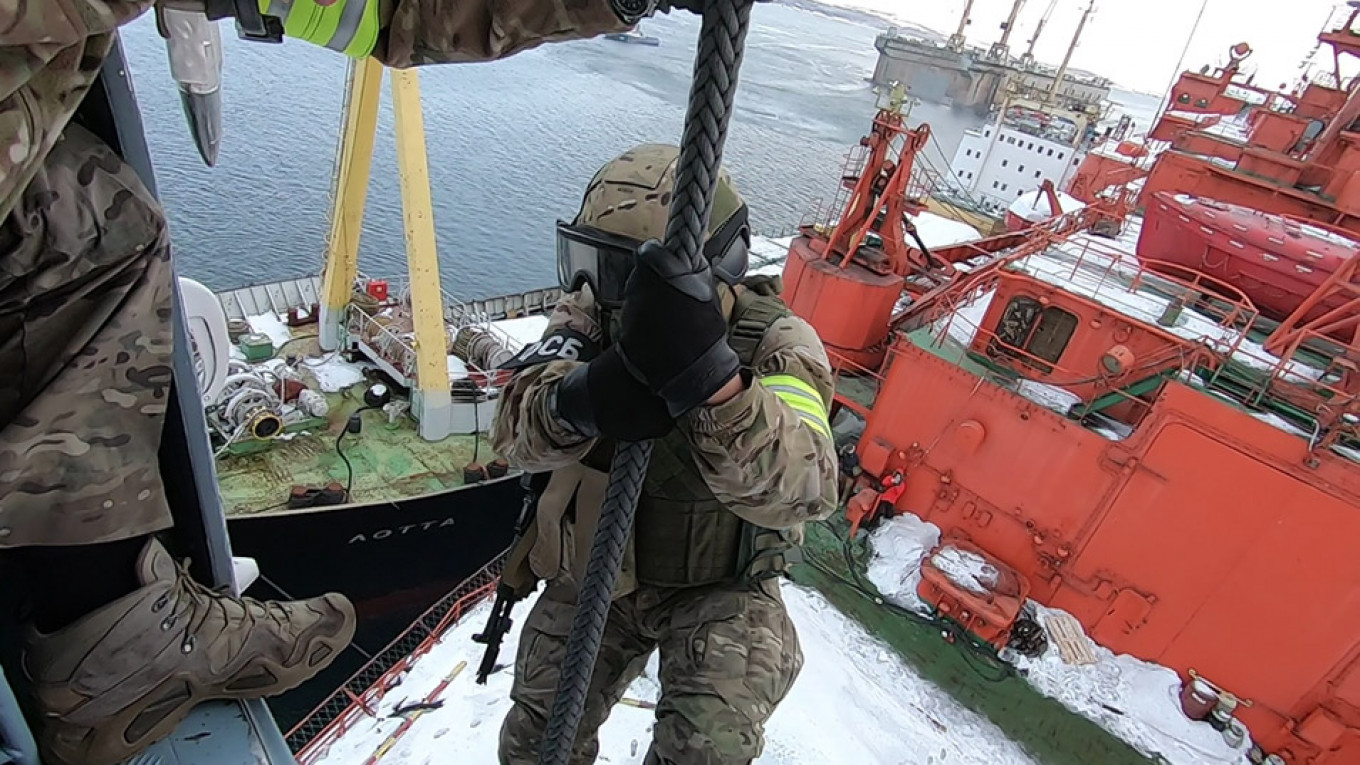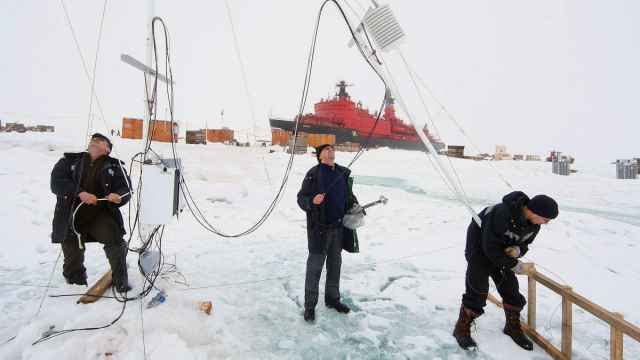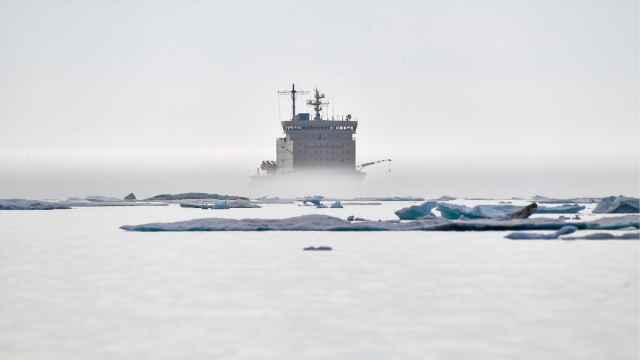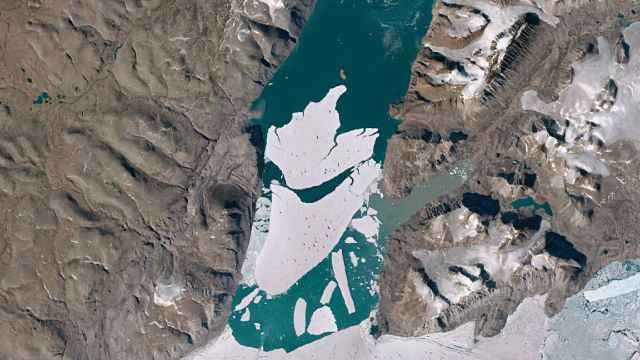Key law enforcement authorities of Russia's Arctic region joined forces in anti-terrorism exercises onboard two retired nuclear-powered icebreakers docked in the Kola Bay.
It has been several years since the Sovetsky Soyuz and Sibir icebreaking vessels were last in the icy waters of the Arctic. The two nuclear-engine vessels were taken out of service in 2010 and 1992 respectively.
But the exercise held on the vessels last Friday was still considered of significant relevance for the participating anti-terror troops. The training simulated tactical combat against forces that had "illegally interfered in the management of a floating commercial object at Atomflot," the local Murman.ru news website reported Friday.
Troops from the Federal Security Service's (FSB) Border Guard Service and National Guard (Rosgvardia) units took part in the training. Forces from the Coast Guard and aviation from the Northern Fleet also took part in the exercises, the news agency reported.
The exercise was successfully conducted and the involved forces professionally carried out their tasks, the leaders of the training said. More exercises will be held this year in the Barents Sea and the Kara Sea, they said.
The Atomflot base is located near downtown Murmansk and houses Russia’s fleet of nuclear icebreakers. The fleet that currently includes five operating vessels will soon be strengthened with several new more ships.
By the year 2035, the fleet is to be extended with another eight powerful ships, among them five 60MW vessels of project 22220.
Three of the vessels are under construction, the first of which, the Arktika is due to be put into service in 2020.
In addition comes three Lider-class vessels, the super-powerful 120 MW icebreaker, the first of which is to be ready for operation in the year 2027.
A Message from The Moscow Times:
Dear readers,
We are facing unprecedented challenges. Russia's Prosecutor General's Office has designated The Moscow Times as an "undesirable" organization, criminalizing our work and putting our staff at risk of prosecution. This follows our earlier unjust labeling as a "foreign agent."
These actions are direct attempts to silence independent journalism in Russia. The authorities claim our work "discredits the decisions of the Russian leadership." We see things differently: we strive to provide accurate, unbiased reporting on Russia.
We, the journalists of The Moscow Times, refuse to be silenced. But to continue our work, we need your help.
Your support, no matter how small, makes a world of difference. If you can, please support us monthly starting from just $2. It's quick to set up, and every contribution makes a significant impact.
By supporting The Moscow Times, you're defending open, independent journalism in the face of repression. Thank you for standing with us.
Remind me later.






